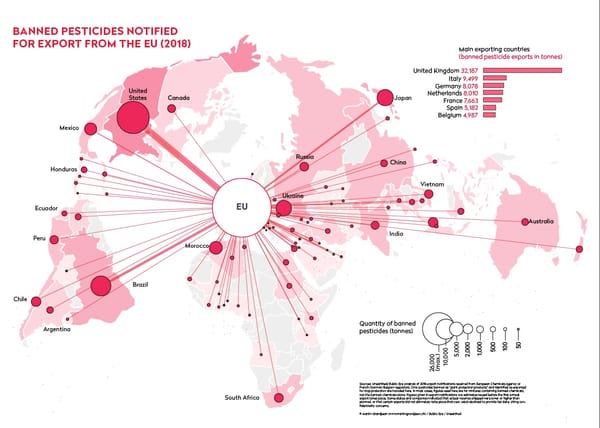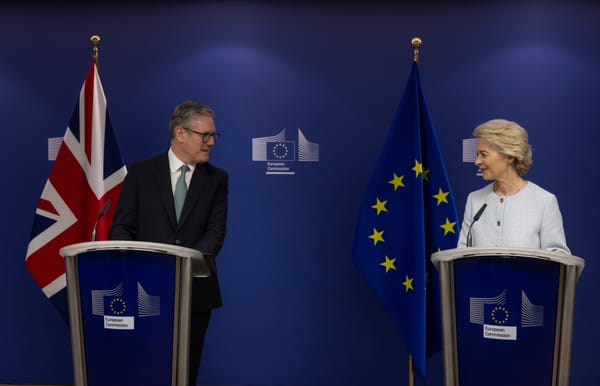Scrapping green energy policies has added £2.5 billion to UK energy bills
In analysis done by investigative policy-focused website Carbon Brief, it has been found that the last ten years of cutting progressive energy policies have added around £2.5bn to energy bills in the UK

In analysis done by investigative policy-focused website Carbon Brief, it has been found that the last ten years of cutting progressive energy policies have added around £2.5bn to energy bills in the UK. These findings have come about alongside a rise in the energy price cap, which will increase energy bills by nearly 50% - a change set to occur in April.
In the last decade, the Conservative Government has done much to stall the move towards greener energy policy. The potential changes that have been scrapped include getting rid of the zero-carbon homes standard, limiting access to energy efficiency subsidies, and banning onshore wind projects (a ban that began to be lifted in 2020).
This news comes alongside a huge increase in the price of gas in the UK—from a ten-year low of £13.18 in June 2020, to £201.09 in November 2021. Gas prices have been relatively stable over the last ten years, with slight peaks and troughs. One such peak was in March 2013, which was met with promises by then-Labour leader Ed Miliband to cap gas prices if he were to win the next election. At the same time, the Sun was reporting on the then-prime minister David Cameron as promising to “get rid of the green crap”.
To ease this steep rise in the cost of energy, the government is considering cutting VAT on energy bills and further cuts to energy efficiency policies. However, this is shortsighted, and represents the same kind of thinking that has been utilised over the last ten years—thinking that has arguably brought about such steep increases in cost alongside ensuring UK targets regarding climate are harder to meet.
One of the most harmful problems these price increases cause is the upward trend of families being put under what is known as ‘fuel stress’—a term that describes families that are spending at least 10% of their overall budget on energy bills. One think tank, the Resolution Foundation, predicted that when the energy price cap changes in April, the number of families suffering from fuel stress will triple almost overnight to 6.3 million.
So the question is, would bills be lower if the ‘green crap’ had been kept? The data is pretty clear; yes. Even though maintaining climate policies comes at a worthwhile price, Carbon Brief’s analysis states that savings made would have translated into £40 reductions for households under today’s price cap. Business and industry too would have benefited, with savings of up to £1bn.
These savings would have come from many different locations. For example, if the government hadn’t scrapped the zero-carbon homes standard, most cavity walls and lofts would now be insulated, increasing energy efficiency and reducing prices. Onshore wind CfDs (Contracts for Difference - a type of subsidy in which the contractual partner is paid for deviations from a specific reference price point), had there not been a four-year ban, would represent a net saving on energy bills.
The increase in the UK energy price cap is being driven by the sharp increase in wholesale gas prices around the world. The distribution of fuel stress because of this is not uniform, with levels projected to be highest in the north-east, and 33% of households suffering. 38% of pensioner households will also find themselves struggling to cope, with almost half of over-65s stating they will have to heat their homes less, according to the charity Age UK.
In analysis by Uswitch, the energy price cap is set to rise from £1,277 in November 2021 to £1,897 in April—a 48% increase. The market researcher, Cornwall Insight, further predicts that the cap may rise again, hitting over £2,000 in October this year.
Many ask: what can be done to lower the bill? Well, there are schemes running currently, such as the Warm Home Discount, the Winter Fuel Payment, and the Cold Weather Payment. However, these are not long-lasting solutions, and rather deal with the symptoms of political inadequacy, rather than the underlying infrastructural problems.
The UK government needs to better address its attitude towards green energy policy if we want both warmer homes and a greener climate, as the energy cost savings that could have come with green energy policies in place are simply being converted to higher bills today. Fortunately, we are living in a world where ‘green crap’—both in terms of policy and technological change—could be utilised to make our lives easier, cleaner, and less expensive.








